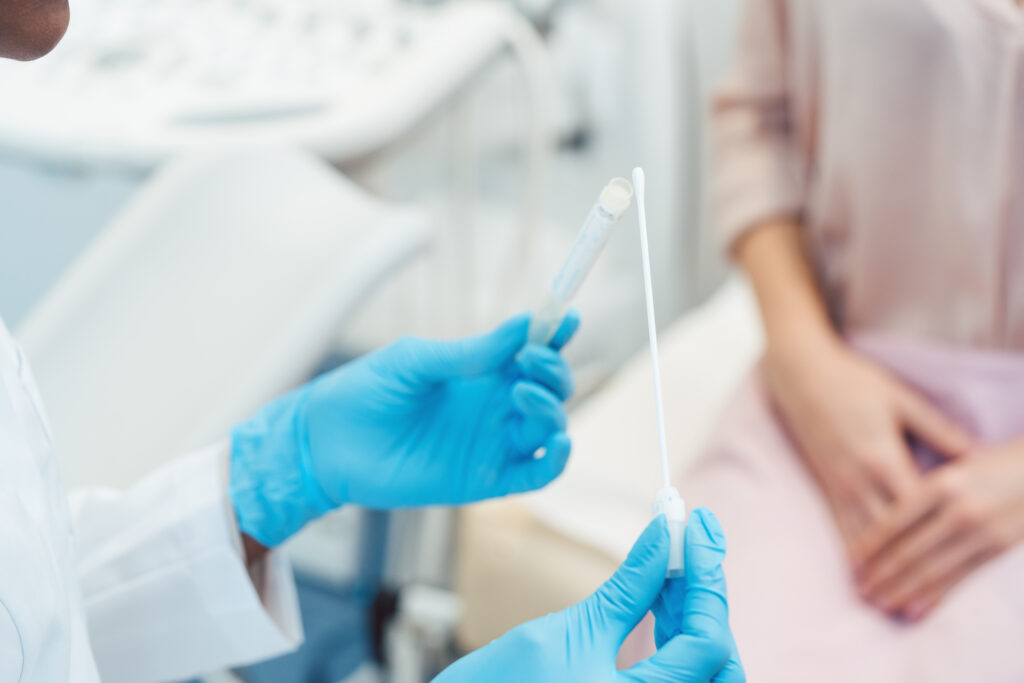A two-minute cheek swab could transform how doctors identify children at risk of a life-threatening heart condition years before symptoms appear, new research suggests.
The condition, arrhythmogenic cardiomyopathy (ACM), is responsible for more than 10% of sudden cardiac deaths in children. Typically genetic, it occurs when abnormalities in the proteins between heart cells disrupt the heart’s structure and electrical activity. Often, it strikes without warning.
Scientists from Great Ormond Street Hospital and St George’s, University of London discovered that the same protein changes affecting the heart can also be detected in cells from the lining of the cheek. This breakthrough has led to the development of a quick, non-invasive test that may diagnose ACM up to five years earlier than current hospital methods.
In a long-term study of 51 children with a known genetic risk, cheek swabs flagged abnormalities in 8 out of 10 youngsters who later went on to develop ACM—well before other tests confirmed the disease. A further trial with 21 children who had no known risk also revealed signs of abnormality in some cases.
Dr. Angeliki Asimaki, who led the research, described the test as a “risk-free and non-invasive window into microscopic changes happening in the heart.” Researchers are now developing home test kits that would allow families to send samples by post for analysis.
With about 1 in 10,000 people in the UK living with ACM, the potential impact is significant. Symptoms range from palpitations and fainting to abnormal rhythms and swelling in the legs, stomach or ankles—but many cases go unnoticed until it is too late.
Dr. Sonya Babu-Narayan of the British Heart Foundation, which funded the work, said the test could “save lives” by identifying at-risk children early or offering reassurance to families when results are normal.
If proven on a larger scale, this simple cheek swab could become a vital tool in preventing sudden cardiac deaths in young people.


